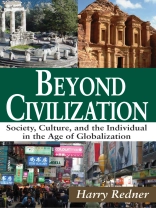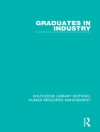For Harry Redner, the phrase “beyond civilization” refers to the new and unprecedented condition the world is now entering—specifically, the condition commonly known as globalization. Redner approaches globalization from the perspective of history and seeks to interpret it in relation to previous key stages of human development. His account begins with the Axial Age (700–300 BC) and proceeds through Modernity (after AD 1500) to the present global condition.
What is globalization doing to civilization? In answering this question, Redner studies the role played by capitalism, the state, science and technology. He aims to show that they have had a catalytic impact on civilization through their reductive effect on society, culture, and individualism.
However, Redner is not content to diagnose the ills of civilization; he also suggests how they might be ameliorated by cultural conservation. Above all, it is to the problem of decline in the higher forms of literacy that he addresses himself, for it is on the culture of the book that previous civilizations were founded. This study will be of interest to sociologists, historians, and social and political theorists. Its style makes it accessible also to general readers, interested in civilization past, present, and future.
Sobre el autor
Harry Redner was Reader at Monash University in Melbourne, Australia and has been visiting professor at Yale University, University of California–Berkeley, and Harvard University. He is the author of Beyond Civilization; Totalitarianism, Globablization, and Colonialism; The Tragedy of European Civilization, and other books.












